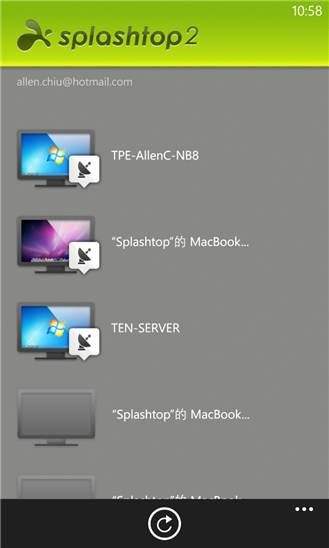
Remotely access your PC with Splashtop 2 for Windows Phone 8
Remote control apps are increasingly versatile, allowing smartphone and tablet users to access and manage computers from the workplace, a holiday resort or the couch in my case. For Windows Phone 8 users the most popular choice is PC Remote but, late-yesterday, another app hit the Store.
"Many Windows Phone users have asked for Splashtop", says Splashtop CEO Mark Lee. "We are excited to partner with Nokia and Microsoft to optimize and deliver the best-in-class Splashtop experience for Windows Phone 8". The app allows folks to remotely access Linux, OS X and Windows-based computers straight from the tiled operating system. Let's take a look at the features.

Apple Q2 2013 by the numbers: $43.6B revenue, $10.06 EPS
Today's closing bell brings answer to a question oft-asked over the past two weeks: "Will Apple profits fall for the first time in about a decade?" Not since 2003, when the fruit-logo company recovered from economic woes that sapped global PC shipments everywhere, has profit receded. Now we know.
For fiscal Q2, Apple reported $43.6 billion revenue and net profits of $9.5 billion, or $10.06 a share. Gross margin: 37.5 percent. A year earlier, the company reported revenue of $39.2 billion and $11.6 billion net quarterly profit, or $12.30 per share.
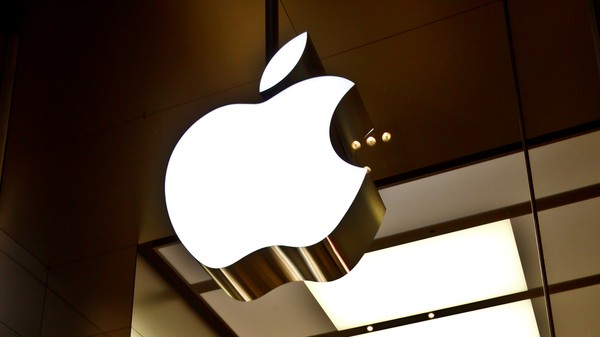
Six ways Apple could correct its enterprise blunders
Second in a series. Out of fairness, I follow up my long analysis "The enterprise will never embrace Apple" with some advice for the company. There's room in the enterprise if only Apple made more effect. None of these suggestions is outside the reach of CEO Tim Cook and the core leadership.
Perhaps Apple stays out of the enterprise game because the top brass knows that they have little expertise in the general directions that big business is heading. Their lack of desire (or capability) for true Active Directory integration, for example, is already public knowledge. When it comes to virtualization and the move to virtual desktops, Apple has no public strategy for allowing (or supporting) such an infrastructure on OS X devices, at least first party. To put it plainly, Apple's overall game plan for cozying up to the wants of enterprise is nearly nonexistent.

The enterprise will never embrace Apple
First in a series. If there is one company that clearly doesn't care about the corporate world, it is Apple. As iOS continues to forge flagship status as Apple's core offering, OS X gets second-class-citizen treatment in every possible way from the Cupertino, Calif.-based company. While the enterprise reluctantly builds out BYOD (bring your own device) initiatives to support usage of Apple devices at the workplace, this is a far stretch from openly embracing iOS or OS X as viable corporate platforms. Apple's presence in the boardroom is due to bottom-up organic acceptance as opposed to top-down purposeful planning.
By even conservative estimates, the enterprise IT market is massive, and growing steadily as the recession continues to recede. IDC recently pinned US corporate IT spending for 2013 at $474 billion, a 6 percent increase over the previous year. And globally, Gartner says that this figure is closer to $2.679 trillion, which represents a 2.5 percent year over year bump. Yet while Apple's sales in phones and tablets continues to stay consistently solid, the company's attitude towards enterprise hasn't changed one bit. For lack of a better description, top Apple executives just "don't care".

Gartner says the PC has no future
Today, Gartner offers grim prognostications for the PC's future, which is not surprising. That the analyst firm took so long disturbs and reveals much about how all these consultants seek to preserve client contracts before anything else. I've warned for years that connected-devices would diminish the personal computer's relevance, much like the mainframe's decline three decades ago. The PC era is over, as I asserted here 26 months ago. On Halloween 2008, I asked in a Microsoft Watch post: "Will your next PC be a smartphone?" What took Gartner so long? The "new device religion" analysis still misses the mark, too.
Following IDC's lead, Gartner now combines PCs, smartphones and tablets into a single forecast. By that measure, in 2012, Android worldwide device shipments (497 million) exceeded Windows (346.5 million) and will more than double (to 1.07 billion) by 2014. Analysts warn the operating system that defined the PC era will struggle with Apple iOS and OS X to be the second dominant platform. By many measures, the circumstance looks grim for Microsoft and Windows, and that's already the popular sentiment today among blog posts and news stories about Gartner's forecast. Don't believe them.

Apple BootCamp 5.0 only supports 64-bit versions of Windows 7 and 8
With release of OS X 10.8.3, the latest update for Mountain Lion, Apple upgraded the Boot Camp utility, which allows users to dual-boot Windows and OS X on a supported Mac, to version 5. Boot Camp 5 allows users to install either 64-bit editions of Windows 7 or 8 alongside their copy of OS X -- by downloading Boot Camp Support Software 5, you’ll have all the drivers you need to run Windows on your Mac.
One consequence of upgrading to Boot Camp 5 is that support for 32-bit versions of Windows – including XP and Vista as well as 32-bit iterations of Windows 7 and 8 – is no longer supported.
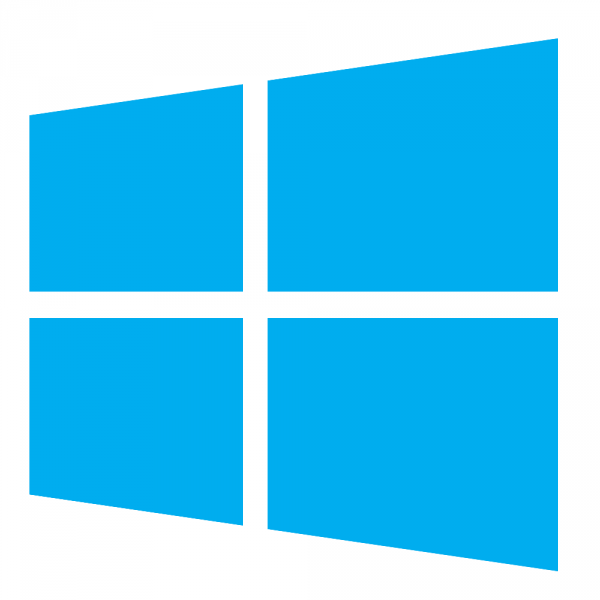
Apple rolls out OS X 10.8.3 with support for Windows 8 in Boot Camp
On Thursday, Apple rolled out an update for OS X Mountain Lion. The latest iteration, which sports the 10.8.3 version number, delivers a significant number of improvements and bug fixes, among which is support for Windows 8 in Boot Camp as the main highlight.
OS X Mountain Lion 10.8.3 now comes with Safari 6.0.3, which touts improved scrolling while zoomed in and for Facebook, better performance on websites with plug-in content as well as bug fixes. Users can now redeem iTunes gift cards from the Mac App Store using the built-in camera and use Boot Camp on Mac devices with a 3TB hard-drive onboard.

If Apple can't protect itself from malware, how can you trust it to protect you?
Apple may be perceived as a bastion of security and users generally feel safe from the plagues that us Windows users suffer, but market share plays a large part in that perception. The bigger target gets more attention. Well, the party may be over, folks, because the fruit-logo company has a problem, and it is one that is incredibly familiar to Windows users -- Java. The Oracle software platform may be one of the most exploited ones on computers.
Today Reuters reports that Apple, a company largely known for never admitting error -- think "You're holding it wrong" -- released a statement describing "the widest known attacks targeting Apple computers used by corporations". The same exploit had been used to attack social networking giant Facebook.

Enterprises embrace Apple like Microsoft
During the mainframe era, you could hear phrase: "No one is fired for buying IBM". In the 1990s and 2000s, the same could be said about Microsoft. As the so-called Post-PC era pushes forward, soon same can be said about Apple, if some IT organizations don't already. Gartner predicts that by 2014, enterprises will accept the fruit-logo as much as Windows, which is something scary for the company owning that market segment.
Consumerization of IT -- or bring your own device to work -- forced Apple on unwilling IT organizations. Now, after tasting the fruit, they like it. More of them than ever are willing to deploy Macs, which encroach on territory Microsoft seeks to claim for Windows 8.
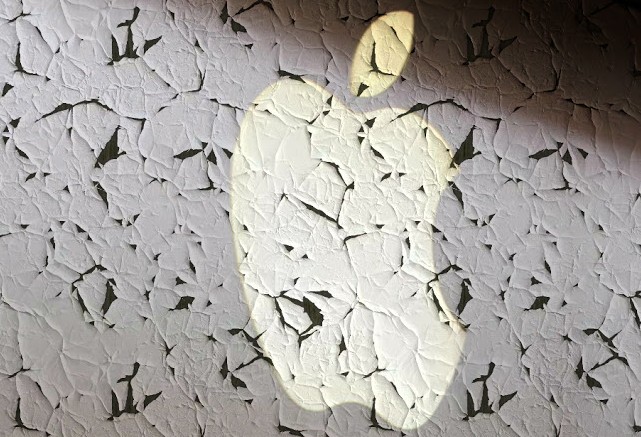
Will 2013 be another year of Apple iteration masquerading as innovation?
Apple ended 2012, Tim Cook's first full year as CEO, with a whimper. Analyst, blogger, reporter and social commentator puppy-love adoration gave way to persistent angst-questions about what's next and why the stock, which soared in September, soured through most of fourth quarter. Shares closed at $549.03, 22 percent down from the 52-week high. I can only describe 2012 as Apple's year of iteration and wonder where will be innovation this year. After all, the bitten-fruit logo company has a reputation to live up to.
By the financials, the Cupertino, Calif.-based company is the golden child. Starting in 2010, money poured in faster than the US Mint could print greenbacks. Apple takes in more cash than any other tech company ($156.51 billion during fiscal 2012), commands the largest market cap ($516.47 billion) and sits on a cash horde of at least $120 billion. But these capital gains come from past strategic investments, lucky timing (transition to the so-called post-PC era) and brilliant brand revival marketing and product execution. For the long haul, I predict that 2012 will be remembered as the year Apple stumbled -- as companies often do at the height of success -- and in this case following the tragic loss of its visionary cofounder.
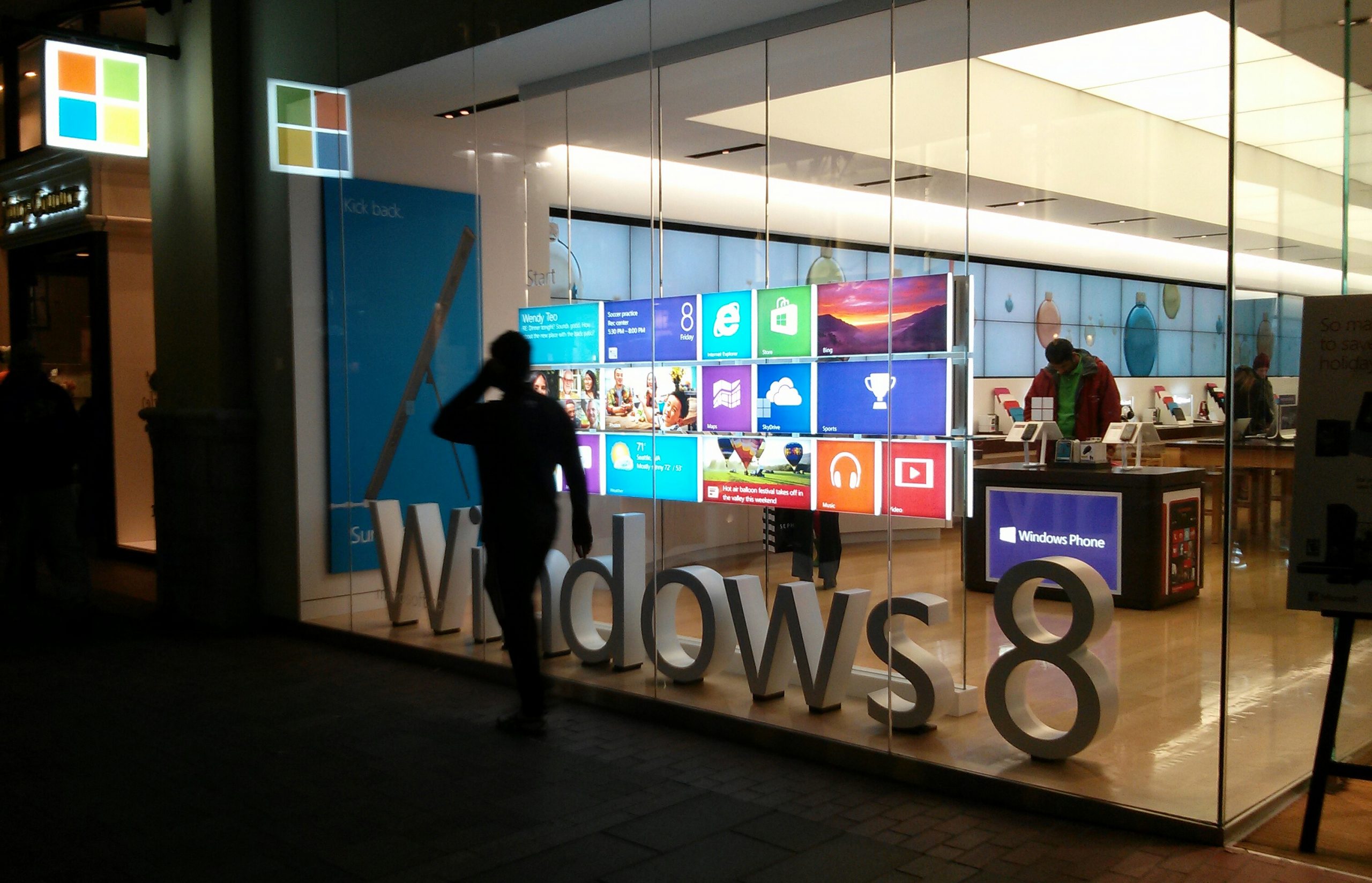
Stupid bloggers misstate Windows 8 market share
Yesterday, Net Applications released usage share data for December, although the number is widely reported today as being market share. It's not. Already, several blogs pulled out Windows 8 and Internet Explorer 10 stats, and their writers and story commenters draw conclusions about the operating system's early adoption. They're wrong to do so, and you'd be wise not to believe them.
NetApps culls its data from browser usage, which often isn't synonymous with operating systems. High usage of one browser can skew the data, which it does for mobile operating systems. For example, the data shows that in December, iOS mobile OS share (on phones and tablets) was 60.56 percent compared to Android's 22.1 percent. But, whoa, the numbers are similar for the Apple and Android browsers -- 60.13 percent and 24.6 percent, respectively. A quick read of NetApps mobile OS share suggests iOS is more than twice Android. That's not the case based on data from Apple, Google and analyst firms like comscore, Gartner, IDC and IHS iSuppli.

Apple's perception problem is HUGE
For more than a decade I've quipped: "In business perception is everything". For some brands, this axiom is truer than for others. Apple leads the list, much to its determent. For more than a month now, I've read speculative stories from all quarters trying to figure out why the company's stock tailspins. Some people blame the fiscal cliff, others taxes. Meanwhile, the anti-Apple crowd delights in rumors iPhone sales are slowing and the mini cannibalizes iPad 4 sales. There's an aura of doom that I can only describe as the anti-reality distortion field.
Earlier today, Apple shares briefly dipped below $500, a low not seen since around Valentine's Day. Bloggers are beside themselves posting about this catastrophe -- or so they see it. I laugh, because they are a large part of the company's falling stock price problem. All these stories contribute to negative perceptions that feed the frenzy. That's one part of the answer to how someone nicked an artery and Apple bled about $200 per share, or 27 percent decline, from September's $705.07 record high. These bloggers were, and still are, detached from reality -- like analysts covering the company. Just two months ago, the Apple Fan Club gloated about projections of $1,000 a share. Now they run around like street people holding signs "The World Ends Dec. 21!" as shares slip and analyst cut back projections.
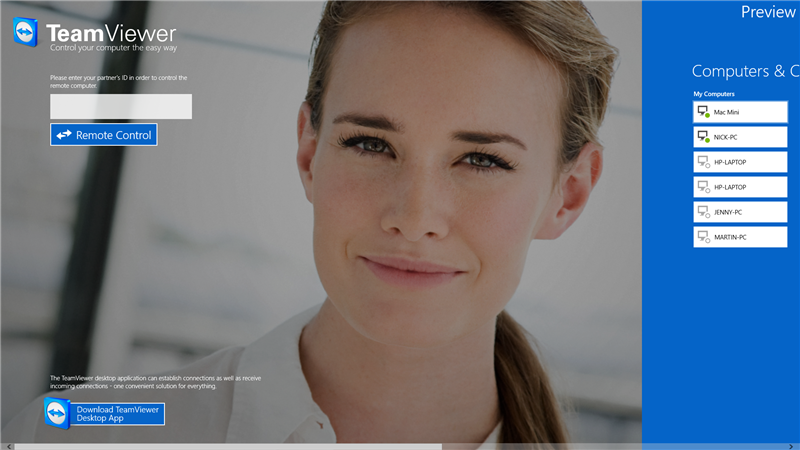
TeamViewer 8 Beta supports newest OS X and Windows releases
German remote-support developer TeamViewer GmbH has publicly released the first beta of TeamViewer 8, its cross-platform, free-for-personal use remote support and control tool.
Version 8, which is currently only available for Windows and Mac, debuts alongside TeamViewer Touch for Windows 8, a dedicated full-screen app for Windows 8 users wishing to connect to other machines, while the new desktop beta comes with support for multi-touch gestures, Mac Retina displays and the ability to record both sound and video during a remote session.

Apple squanders its riches
Does anyone really like to be bullied? Is arrogance something most people aspire to achieve, or behavior socially embraced? You know the answers. But these qualities too much describe Apple since its sudden success starting in 2010. The company continually sticks a middle finger in the face of competitors, judges, partners, the patent system and pretty much anyone or anything else. The corporate attitude is a disaster underway that, unless checked, will ruin reputation long in the making.
The Cupertino, Calif.-based company makes many of the same mistakes Microsoft did during the late 1990s. Apple's most valuable commodity is its brand, which is being squandered at alarming pace. For a company for which so much stock share value derives from perception, the risk is huge.
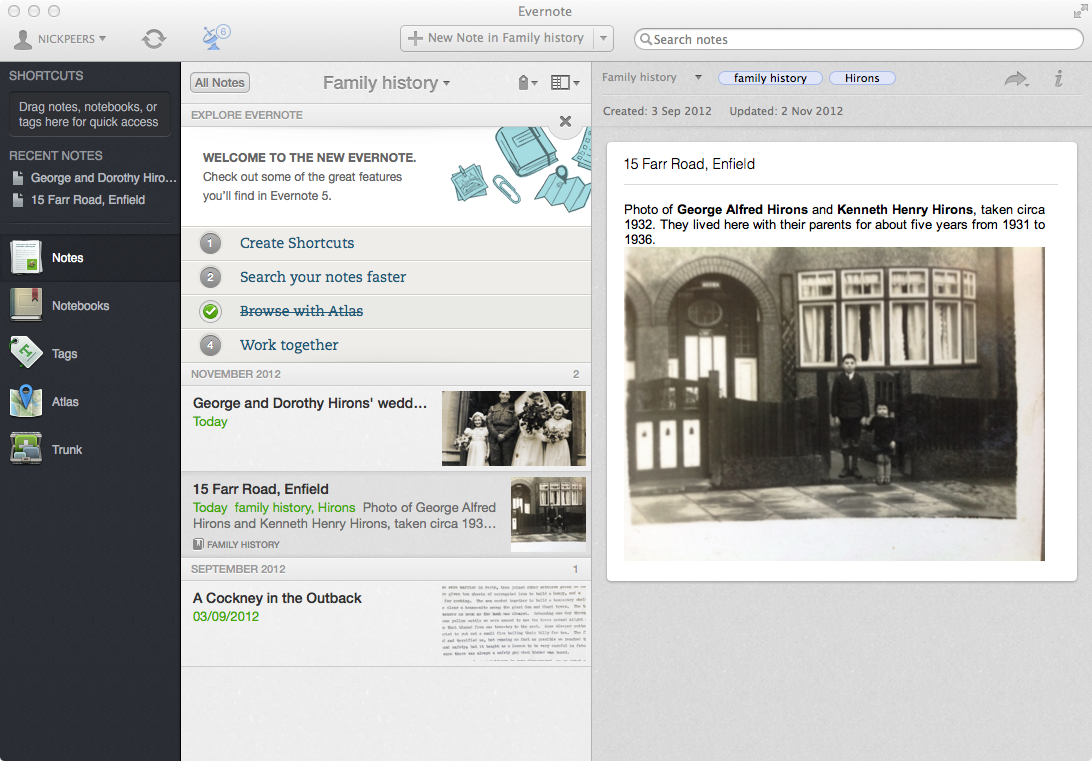
Evernote 5 Beta 1 packs in 100 new features, revamped user interface
Evernote has released the first public beta of version 5.0 of the Mac version of its cross-platform, note-sharing and taking tool. Evernote for Mac 5.0 Beta 1 comes with over 100 new features and boasts a redesigned user interface aimed at streamlining and simplifying the process of creating, organizing and sharing notes.
The update is currently only available to those who install the program directly from our download link and then follow the instructions given for updating to the latest beta version. Because of the way the Mac App Store version works, Evernote was forced to remove the direct download link as the process of installing a new non-App Store version of Evernote led to server issues due to masses of users re-sychronizing all their data with a separate build of the program. Evernote hopes to make the beta available to App Store users prior to its final release.
